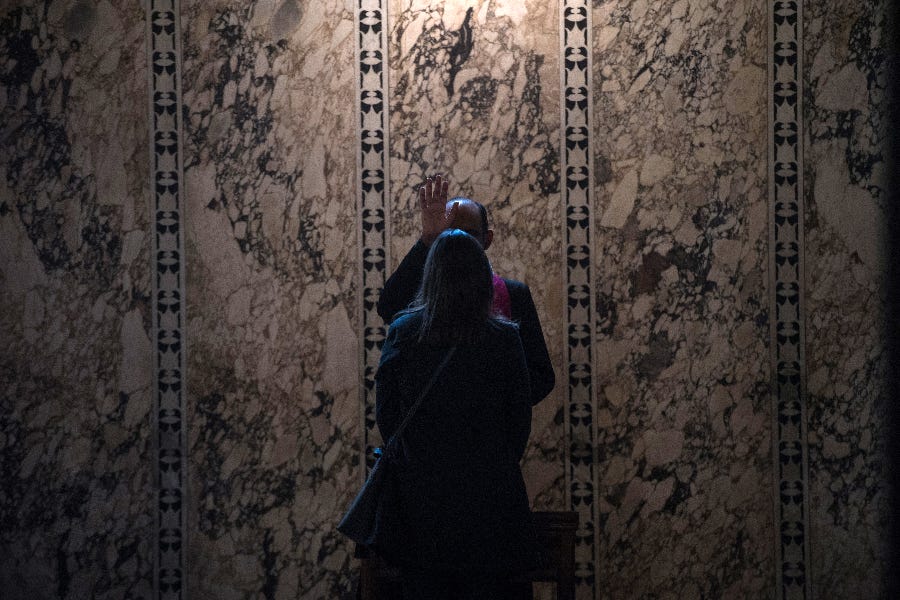After abuse report, French bishops issue new confession guidelines
Rejecting any notion of 'conditional absolution' the bishops said that the sacrament 'does not exonerate the penitent from answering for his acts'
The bishops of France approved new guidelines for confession at their fall plenary assembly in Lourdes.
The bishops voted in favor of the five-page document at their Nov. 5-10 meeting, three years after a landmark abuse report urged them to “issue precise directives to confessors regarding the seal of confession.”
The new “Guidelines …

